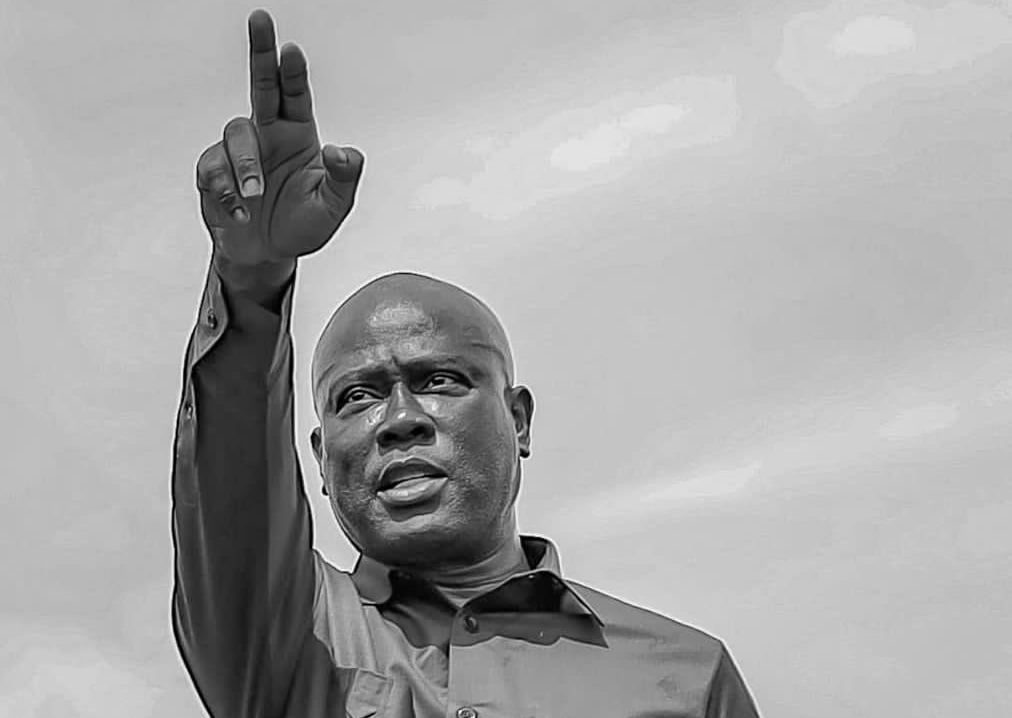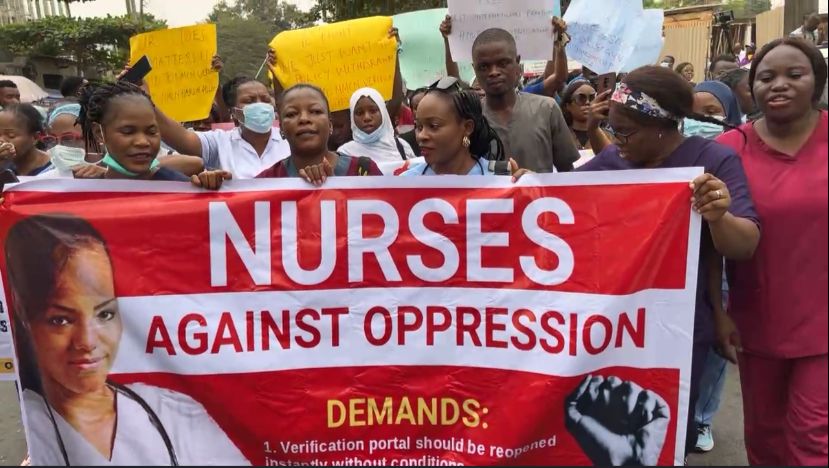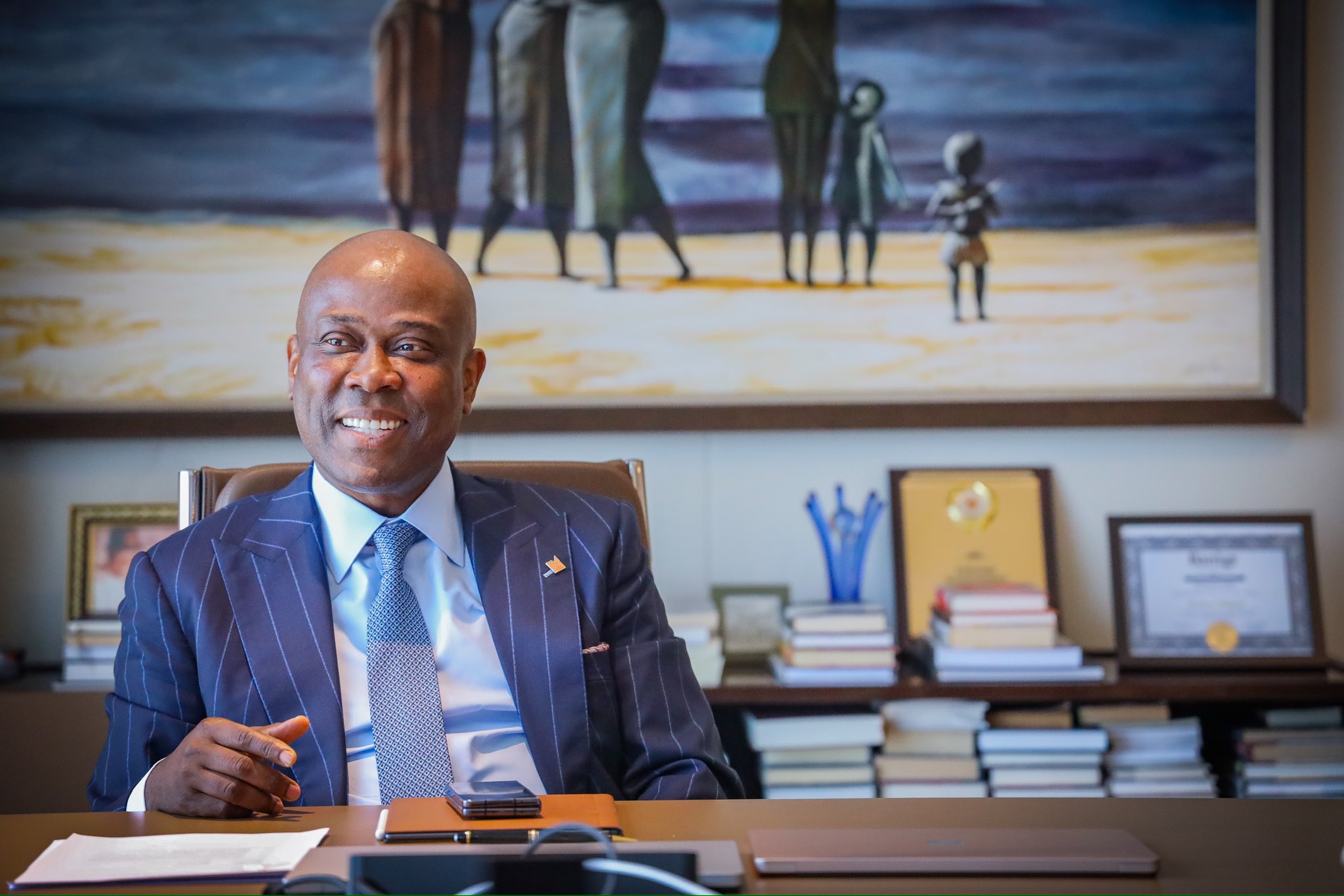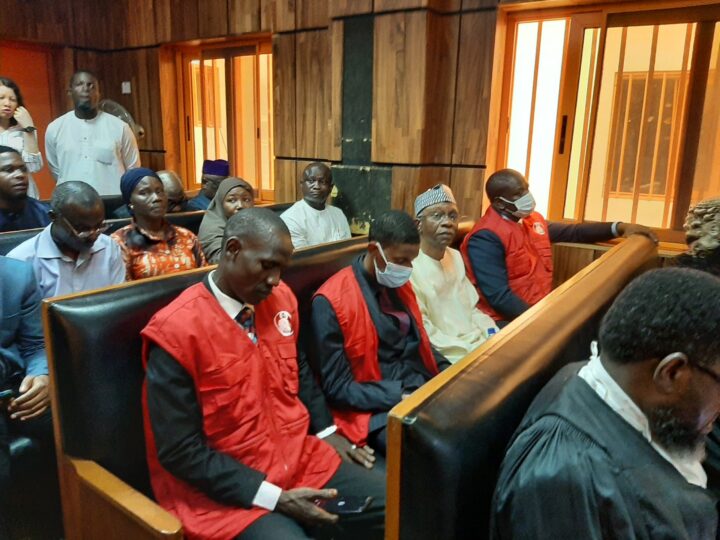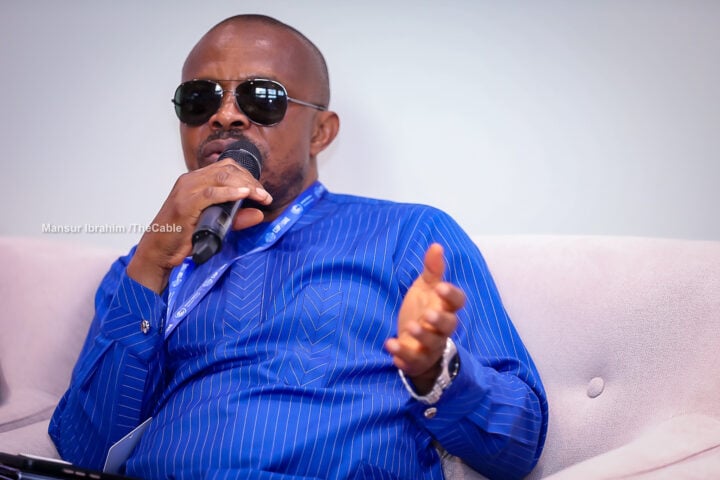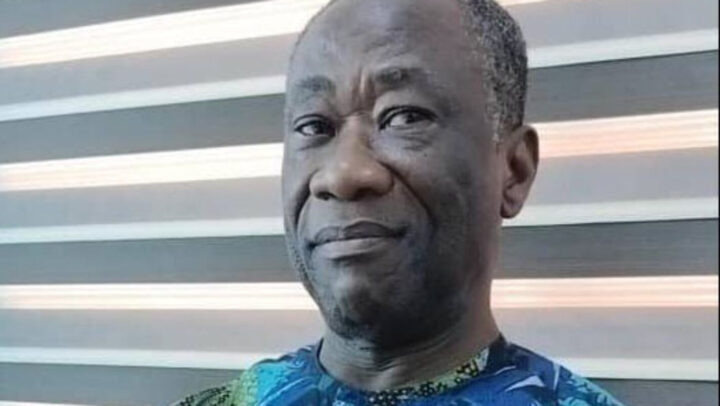Even as a teenager, Herbert Onyewumbu Wigwe knew for certain that he wanted a career in the financial sector and went for it, though the complexities he would have to navigate were not entirely clear to him. Sure of the path he wanted to take, he rejected an offer to study actuarial science without a second thought.
Fueled by a passion for investment banking, “extremely numerate” Wigwe went on to help create a commercial bank that would have a broad base and the capacity to also run as an investment bank.
“I believe I’d have done well in anything I chose to do because my work ethic has never been different from what it is today. I was clear about what I wanted to be even from my childhood… given the skills I had, I could have studied anything and succeeded, but it was clear to me from the start that I wanted to study accounting,” Wigwe said in an interview.
Wigwe had an accountant’s eye for opportunities. He started with the numbers, working with the Coopers & Lybrand machine (now PricewaterhouseCoopers (PwC), then honed his skills at Guaranty Trust Bank (GTB) where he mastered corporate and institutional banking, rising to the post of executive director at 32.
Advertisement
BORN IN IBADAN
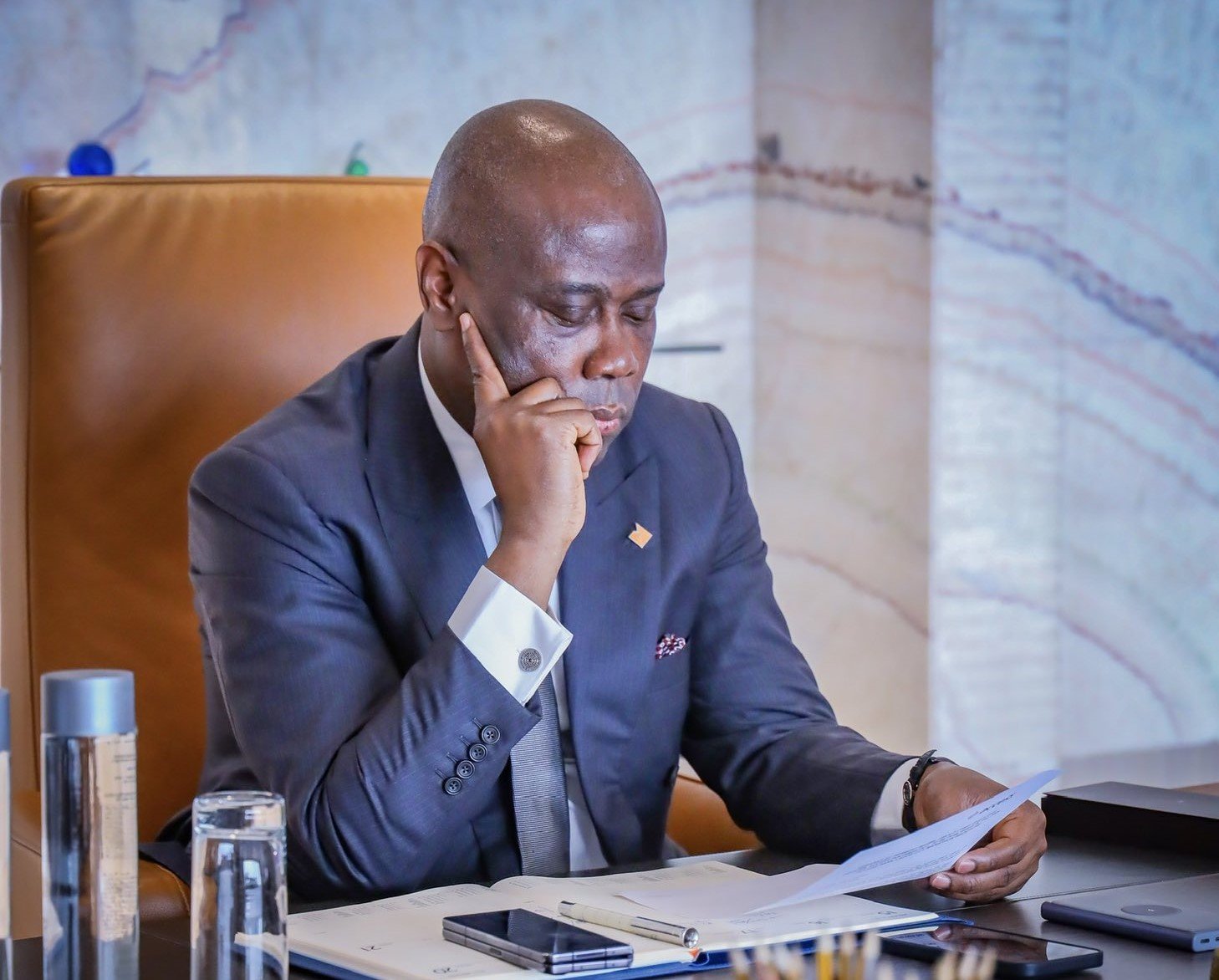
Though a native of Isiokpo in Ikwerre LGA of Rivers state, Wigwe was born on August 15, 1966, in Ibadan, Oyo state, to the family of Pastor Shingle Wigwe, who retired as director-general of the Nigerian Television Authority (NTA), and Mrs Wigwe, a nurse.
He had his early education in Ibadan, then moved to the Federal Government College (FGC) Sokoto, and later to FGC, Warri, Delta state, where he finished his secondary education in 1982. He was not just an outstanding student, he was also a skilful cricket player.
Advertisement
Wigwe was said to have failed his first attempt at the Joint Admissions and Matriculation Board (JAMB) examination. But he tried it again and got admission to study accounting at the University of Nigeria Nsukka (UNN) in Enugu state, in 1983. After graduating in 1987, Wigwe went for the National Youth Service Corps (NYSC) in 1988. He became a chartered accountant in 1989 while he was a graduate assistant at Coopers and Lybrand. He also worked at Capital Merchant Bank as a credit analyst.
In 1990, Wigwe won the British Council Scholarship to embark on a master’s degree in banking and finance at North Wales University in the UK. He came back to Nigeria in 1991 to join Guaranty Trust Bank. He obtained a second master’s degree from the University of London. He also attended the Harvard Business School Executive Management Program.
In May 2023, Wigwe announced that he was pursuing a law degree.
He was married to Chizoba Wigwe (née Nwuba) and blessed with four children: Chizi, Tochi, Hannah, and David.
Advertisement
He is survived by four siblings, his father, who will be 90 years old this year, and an aged mother.
WIGWE WITH THE VALUE-CENTRIC DNA
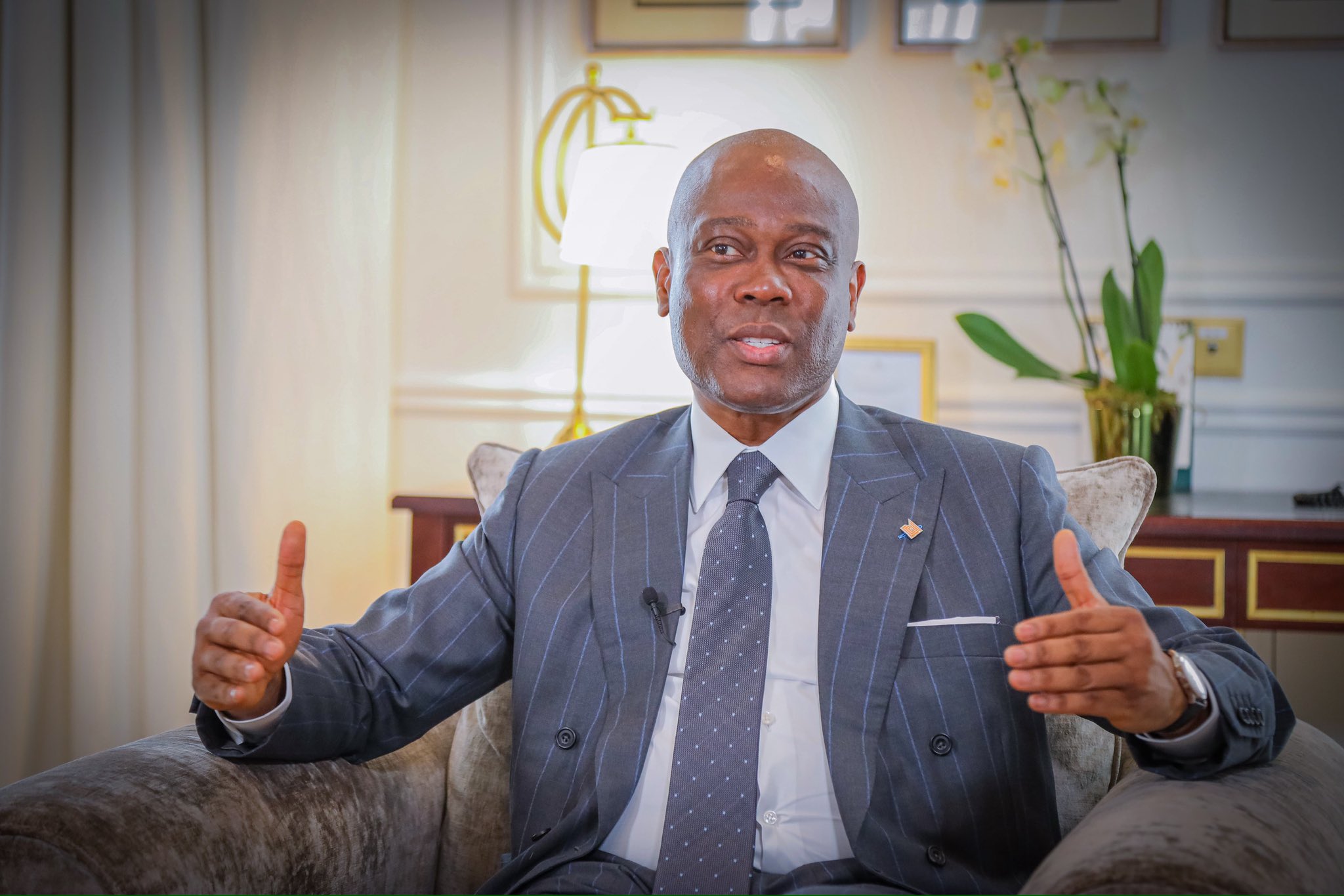
Wigwe acknowledged that beyond education, mentorship played a significant role in the making of young and successful youths, with his interest in finance being largely influenced and modelled after that of Michael Milken, an American financier who played a major role in the development of the market for high-yield bonds. Wigwe set out to live a life that would serve as an inspiration for others.
“We were blessed and fortunate to have had mentors and leaders very early in our careers,” he said in an interview where he discussed his career growth in his 20s.
Advertisement
“Education and mentorship go hand in hand, especially for the dynamic youth of Africa. Each interaction is a chance to inspire, to learn, and to grow.”
A maestro in cufflinks, beneath the tailored suits, Wigwe wielded a warm smile that effortlessly disarmed colleagues and clients alike.
Advertisement
Navigating the treacherous seas of corporate finance, his ambition, like compound interest, grew. He was not just a banker but a weaver of financial tapestries, stitching together mergers and acquisitions, forging partnerships, and empowering businesses.
In 2002, he and his partner, Aigboje Aig-Imoukhuede, were presented with an opportunity to acquire Access Bank, then a small-scale commercial bank ranked as the 65th largest bank out of the 89 banks in Nigeria.
Advertisement
Aig-Imoukhuede, in his book, noted that the Central Bank of Nigeria (CBN) said both of them were too young to buy Access Bank at the age of 36.
They embraced the challenge and took bold steps to transform the firm, then a regional player, into a global powerhouse. Sooner, the bank spread its branches across continents, weathering economic storms and navigating regulatory whirlpools while championing innovation and digitisation within the bank.
Advertisement
In 2018, Access Bank, which started under Wigwe’s leadership as a diamond in the rough, announced the absorption of the defunct Diamond Bank.
Access Bank stepped up, initiating mergers and acquisitions in several countries, including Zambia, Uganda, Sierra Leone and Cameroon, with subsidiaries in France and the UK.
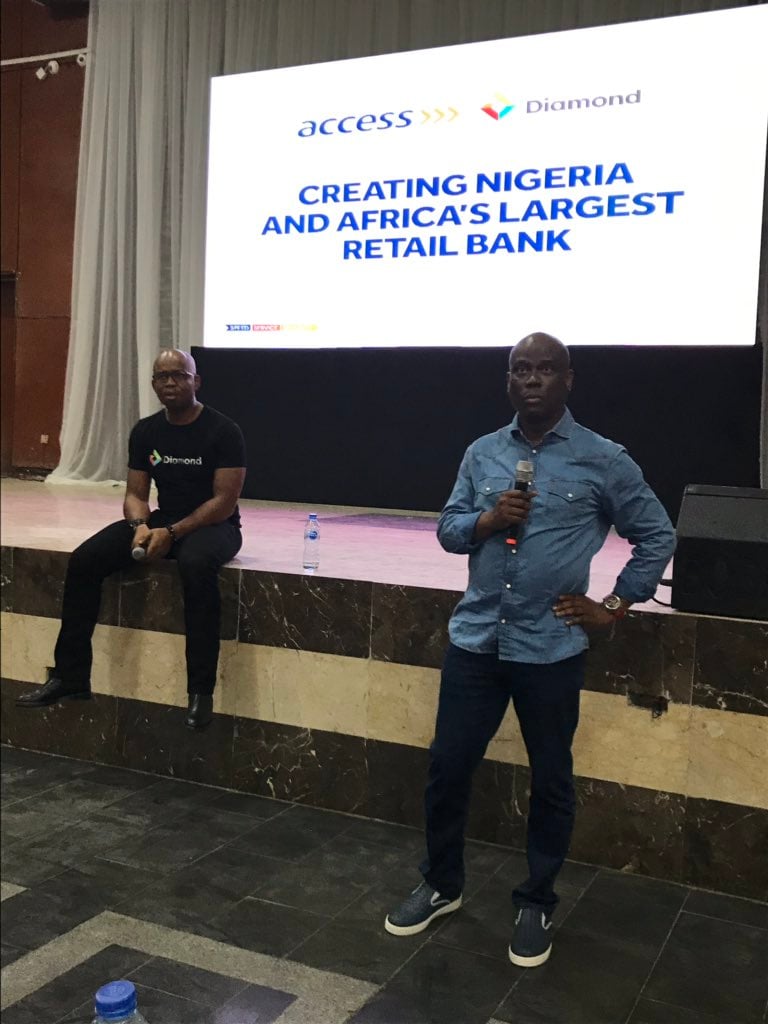
On January 19, Wigwe penned a cryptic post on life and its purpose on his official X handle. Those words would later be interpreted as a premonition to his tragic death, 21 days later.
“Today and always, let us remember that life is a precious gift — a chance to breathe, feel, love, experience and connect. Let’s honor this gift by living with purpose, kindness, and gratitude, making every moment count. Let us number our days,” Wigwe wrote.
Wigwe lived his life true to those words, numbering each passing day with love, support and success.
He, together with his wife and their firstborn son, died in an ill-fated helicopter crash on Saturday.
He was the deputy managing director at Access Bank from 2002 to 2014, and later became the group managing director and CEO. He resigned as CEO in 2022 and took up responsibility as the group chief executive officer (GCEO) of Access Holdings Plc until his death.
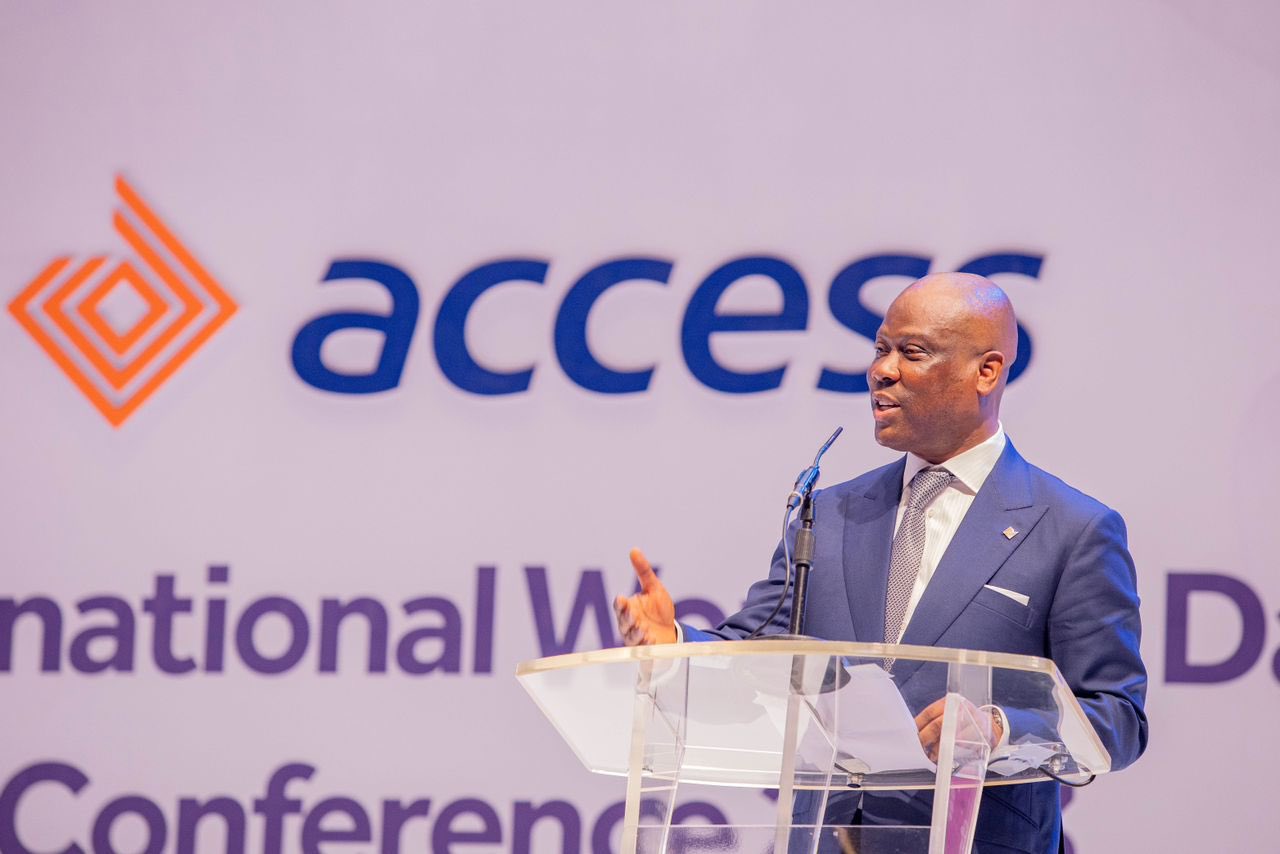
For him, the secret to innovative growth and excellence is to always “stay on day one mode”.
In 2023, in recognition of exemplary service to his country, Wigwe was awarded the national honour of the Commander of the Order of the Federal Republic (CFR) by ex-President Muhammadu Buhari.
WIGWE KEEPS GIVING TO HUMANITY

Wigwe is a passionate advocate for the United Nations Sustainable Development Goals (SDGs). He was the first African sponsor of the United Nations Global Compact Initiative.
He is a board member of Nigerian Business Coalition Against AIDS which leads major businesses in Nigeria in fighting HIV and AIDS at all levels of intervention within the health system and the private sector workforce. Also, he advocates for the eradication of malaria in Africa, and is a partner of the Corporate Alliance on Malaria in Africa to achieve this objective.
The countdown to the launch of what would be known as Wigwe University read 224 days on the institution’s website when death came for its owner.
Located in his Isiokpo hometown, the university is poised to become a top contender in delivering world-class education within and beyond the continent, marking a monumental milestone in the pursuit of academic excellence.
“The Wigwe University project is special because it is an opportunity for me to give back to society by providing world-class quality education that will foster the development of Nigeria and Africa. The project’s major focus is nurturing and building responsible and thoughtful leaders who have the capacity to ignite the potential of the continent and take its rightful place as far as the global stage is concerned. We want to build people who will alter where Nigeria and Africa is going, and make sure that we remain a very competitive place,” he said.
Though he will not be there to see the facility absorb and transform thousands of youths into fearless, visionary leaders, there is no doubt that his name and impact will echo through the walls of Wigwe University.
Beyond business and its formalities, Wigwe was a philanthropist. In 2016, he launched the HOW Foundation to make positive impacts outside of his work environment. Wigwe’s foundation reflects his key passion around youth empowerment, leadership and mentorship, malaria eradication, prostate cancer, and children.
In 2015, under the aegis of Access Bank Plc, he launched the W-initiative, a scheme meant to support and encourage more women to venture into business, and also maternal health.
Wigwe ran, and loved to read; he played polo, and loved to eat amala and okra; he rarely took selfies, and was “absolutely petrified of failure”.
His life was a symphony well-played, each note carefully placed to create a masterpiece of progress and impact. His legacy? Not just billions in profit, but millions empowered, dreams financed, and Nigeria’s financial landscape forever sculpted by the brilliance of his craft.
His legacy lives on in the countless lives he touched, the communities he empowered and the future his imaginations will birth. As the final curtain falls, the applause lingers, a melody of appreciation for a legend who embodied the very essence of progress.
So, the next time you swipe your Access Bank card, remember the man who started with numbers and ended up building an empire.
Add a comment

